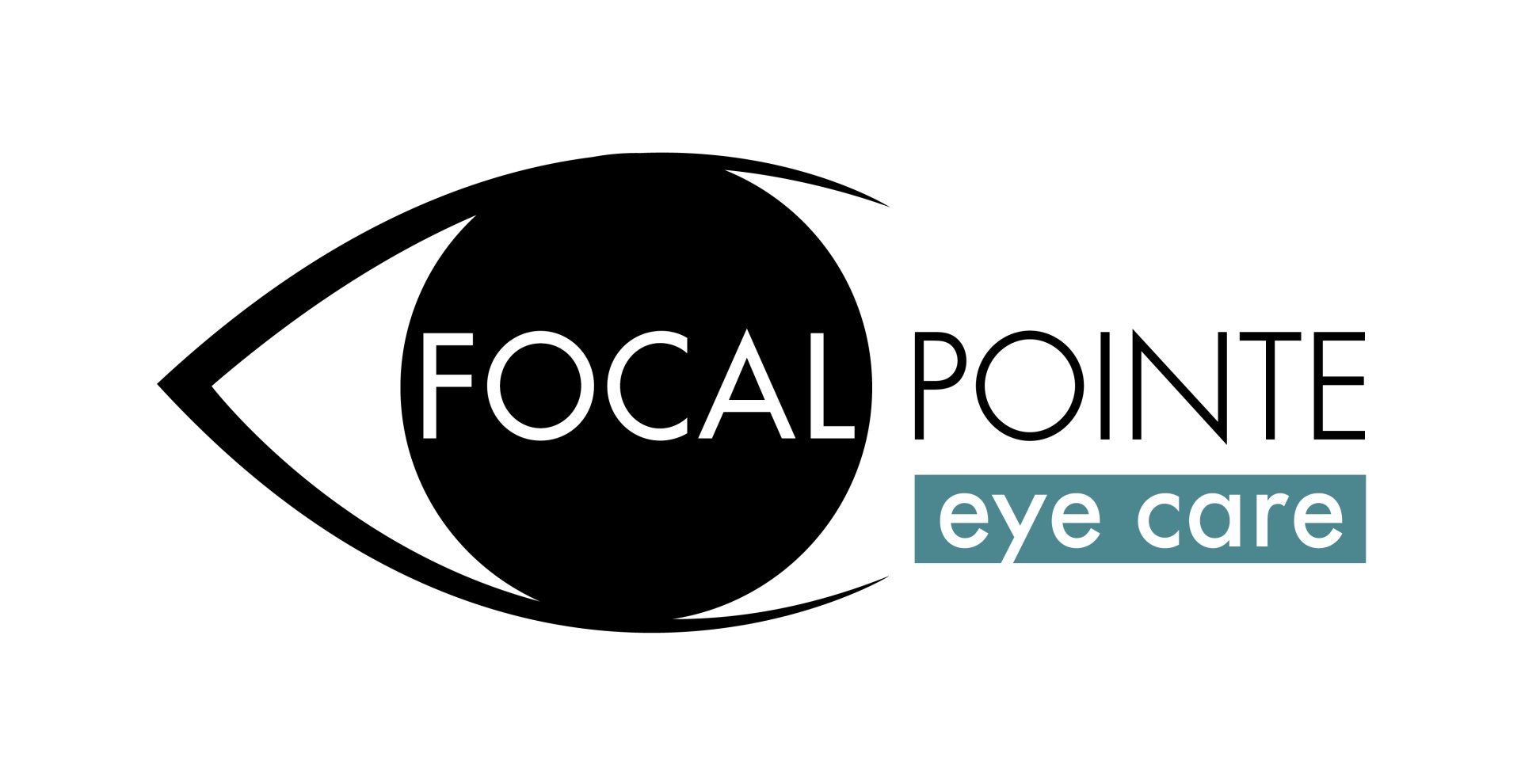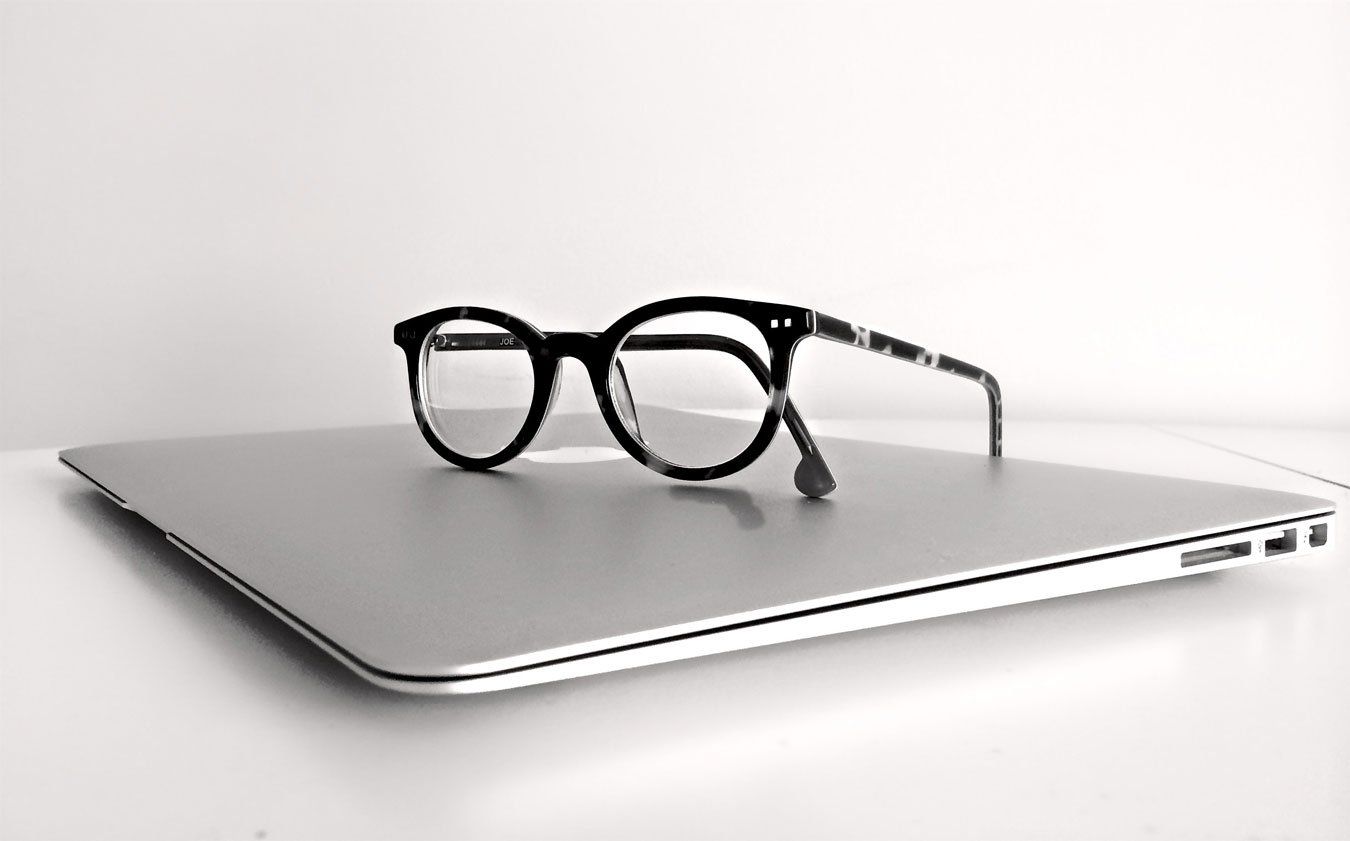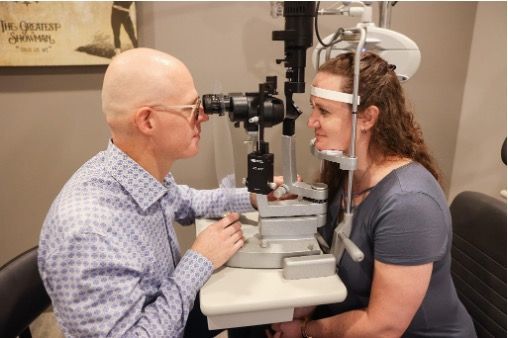What To Expect During Your Yearly Eye Exam
At Focal Pointe Eye Care, we strive to provide the most comprehensive and
in-depth eye exam to every patient we see. During your exam, you may be presented with tests and assessments that might seem unfamiliar to you. Every step is an important part of the process, so please allow 1-1.5 hours for your visit. This will serve as your guide to walk you through the steps that help you look and see your best!
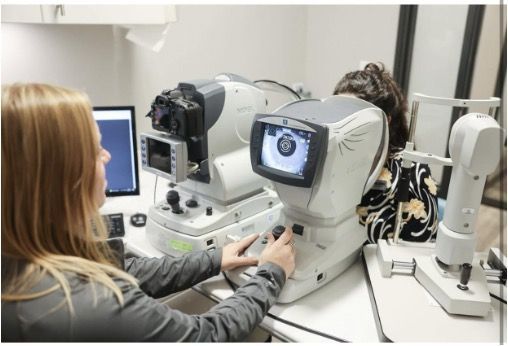
Be Prepared to Answer Questions About:
- Medical history: Many systemic conditions can cause complications to the eye.
- Eye history: Many eye diseases are chronic and worsen with time, so it is important we know any prior mention of eye diseases, conditions, or injuries.
- Family history: Many eye and systemic conditions are genetic. It is important for the doctor to understand your background to ensure your long-term health.
- Hobbies: We want to help you see your best and ensure your eyes are protected while doing the things you love.
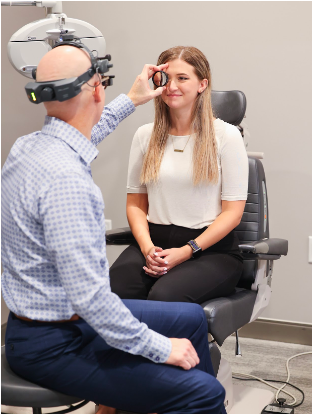
After your screening with the doctor assistants, you will then have your visit with the doctor.
Your doctor will:
- Check the function of your neurological system and your eye muscles.
- Perform a detailed check of your glasses prescription to ensure best vision possible and protection for your daily life, activities, and other visual needs.
- In depth, dilated observation of retina and other internal structures of the eye.
- Review all screening tests performed earlier in the visit.
- (If you’re a contact lens wearer) Select contact lenses that are the best fit and prescription to make sure the eyes remain healthy.
Once your prescription is finalized and your examination is complete, your doctor will call an optical specialist to your room.
The Optical Specialist Will:
- Help you select the proper lenses that meet your visual needs, match what you have been prescribed, and offer protection to keep your eyes healthy for years to come.
- Offer one-on-one styling to get you feeling and looking your best in your new eyeglasses and sunglasses.
- Personally review your insurance to maximize your savings!
- Order contact lens trials or annual supply to be delivered to your home.
- Assist you in scheduling any future appointments with your doctors or opticians.
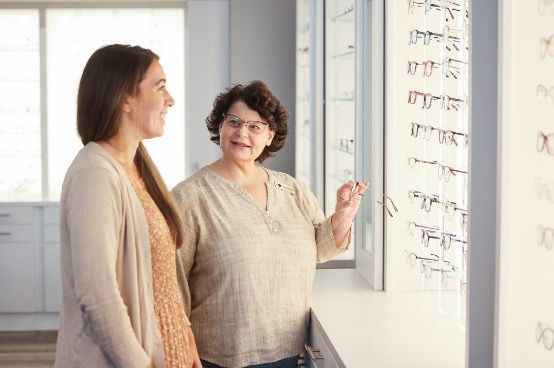
We want to ensure you have the best experience at Focal Pointe Eye Care. If you have any questions leading up to your appointment, please do not hesitate to contact the office by email, call, or text and we will respond promptly. We look forward to seeing you!
